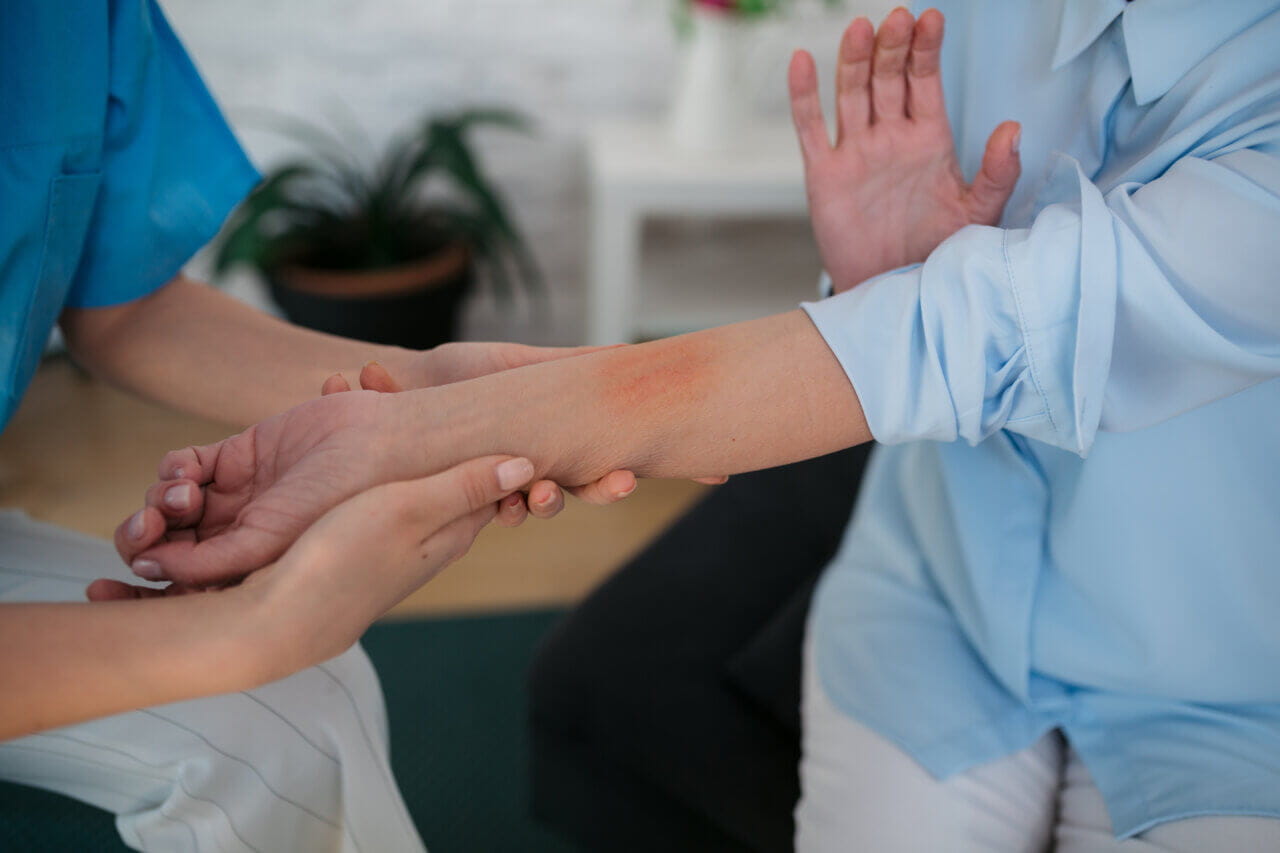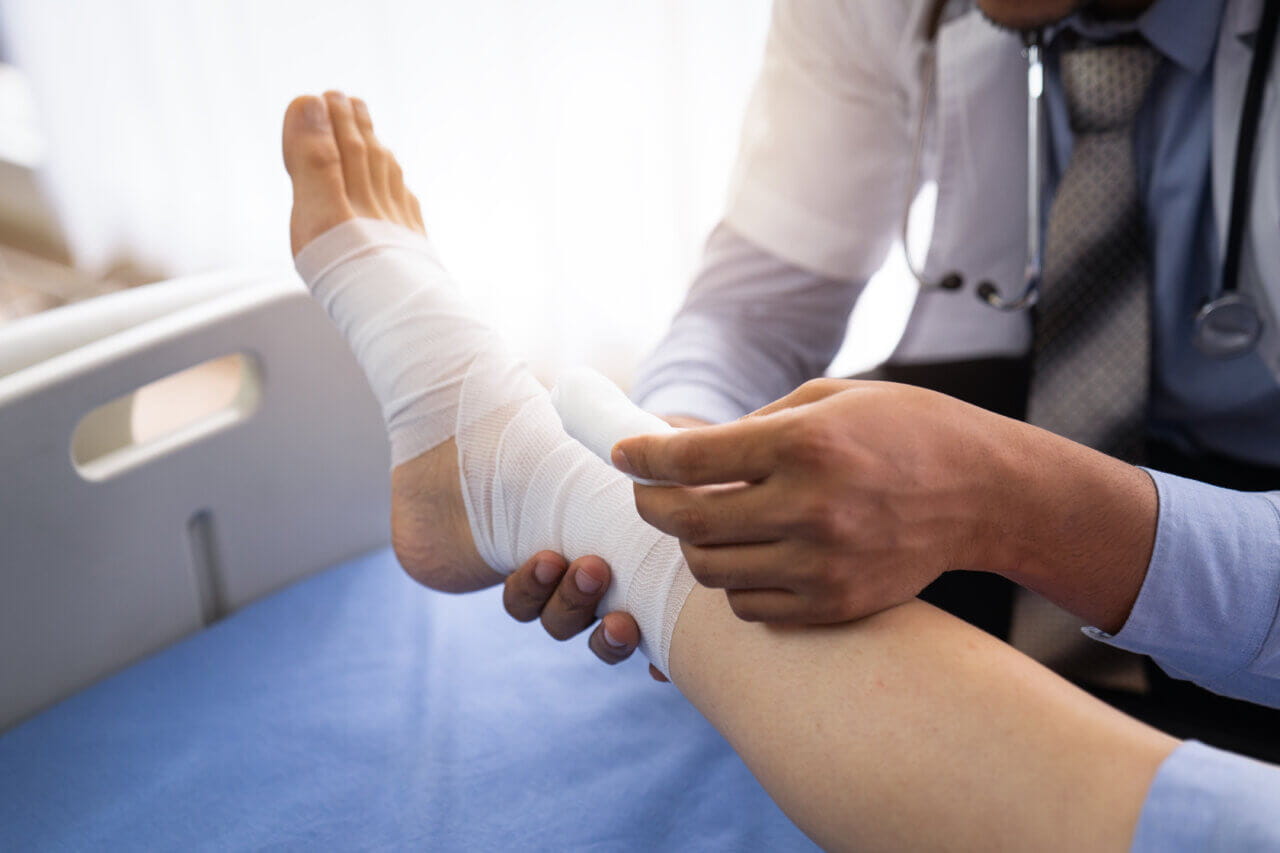What to Do When Someone Has a Seizure

A seizure is an uncontrolled electrical disturbance in the brain that can cause a person to experience changes in their level of consciousness, behavior, emotions, or movements. Seizures vary in severity based on the area of the brain where they develop, how far they spread, and how long they last.
When to Call 911
Seizures don’t always require emergency medical attention. However, you should call 911 if you witness someone having a seizure and any of the following are true:
- It’s the first time the person has had a seizure.
- The episode lasts more than five minutes.
- The person has trouble waking or difficulty breathing after the event.
- The person is pregnant or has a medical condition like heart disease or diabetes.
- The person is injured during the seizure.
- The person experiences another episode soon after the first.
- The seizure occurs in water.
General Seizure First Aid
If you observe someone having a seizure, take these actions:
- Try to keep yourself and others calm.
- Stay with the person until they’re awake and alert.
- Reassure them that they’re safe.
- Explain what happened calmly and in simple terms.
- Check to see if they’re wearing a medical alert bracelet.
- Offer to help them call a friend or arrange for other transportation.
Helping to reduce the tension in bystanders and the distress in the person who had the seizure are two of the best things you can do when you witness this type of event.
First Aid for Grand Mal Seizures
There are many types of seizures. When you hear the word, you probably picture a grand mal seizure, also called a generalized tonic-clonic seizure. In that type of episode, the person may shake, jerk, fall to the ground, shout, and lose awareness of their surroundings.
Witnessing a person having a grand mal seizure can be distressing if you’ve never seen that type of thing before. Consequently, knowing how to respond can be reassuring to you and helpful to the person.
You should:
- Move them gently to the floor.
- Clear a space around them of sharp, hard, or potentially dangerous objects.
- Turn them on their side when they stop moving to make it easier for them to breathe.
- Remove eyeglasses and loosen or remove things like neckties or choker necklaces that can make breathing difficult.
- Place a flat, soft item under their head.
- Time the seizure and call 911 if it exceeds five minutes.
What NOT To Do When Someone Is Having a Seizure
There are several misconceptions about how to help someone who’s having a seizure. You should NOT take any of these actions and should caution others not to perform them:
- Do not try to immobilize the person or hold them down.
- Do not attempt to put anything in their mouth. The belief that doing so will prevent them from “swallowing their tongue” is incorrect and putting items in their mouth can damage their teeth or jaw.
- Do not attempt to perform mouth-to-mouth resuscitation or CPR chest compressions during a seizure. People usually resume normal breathing after a seizure.
- Do not offer the person food or water until they are fully alert.
Seek Emergency Care from Baptist Health if Appropriate
As noted above, people who experience seizures don’t always need emergency care. But if the characteristics of an episode you witness make you believe the person needs immediate medical attention, call 911.
Learning about emergency care services at Baptist Health is also a good idea. We have several emergency rooms in the region.
Next Steps and Useful Resources
Do You Know the Difference Between Seizures and Epilepsy?
Choosing Urgent Care or the Emergency Room



